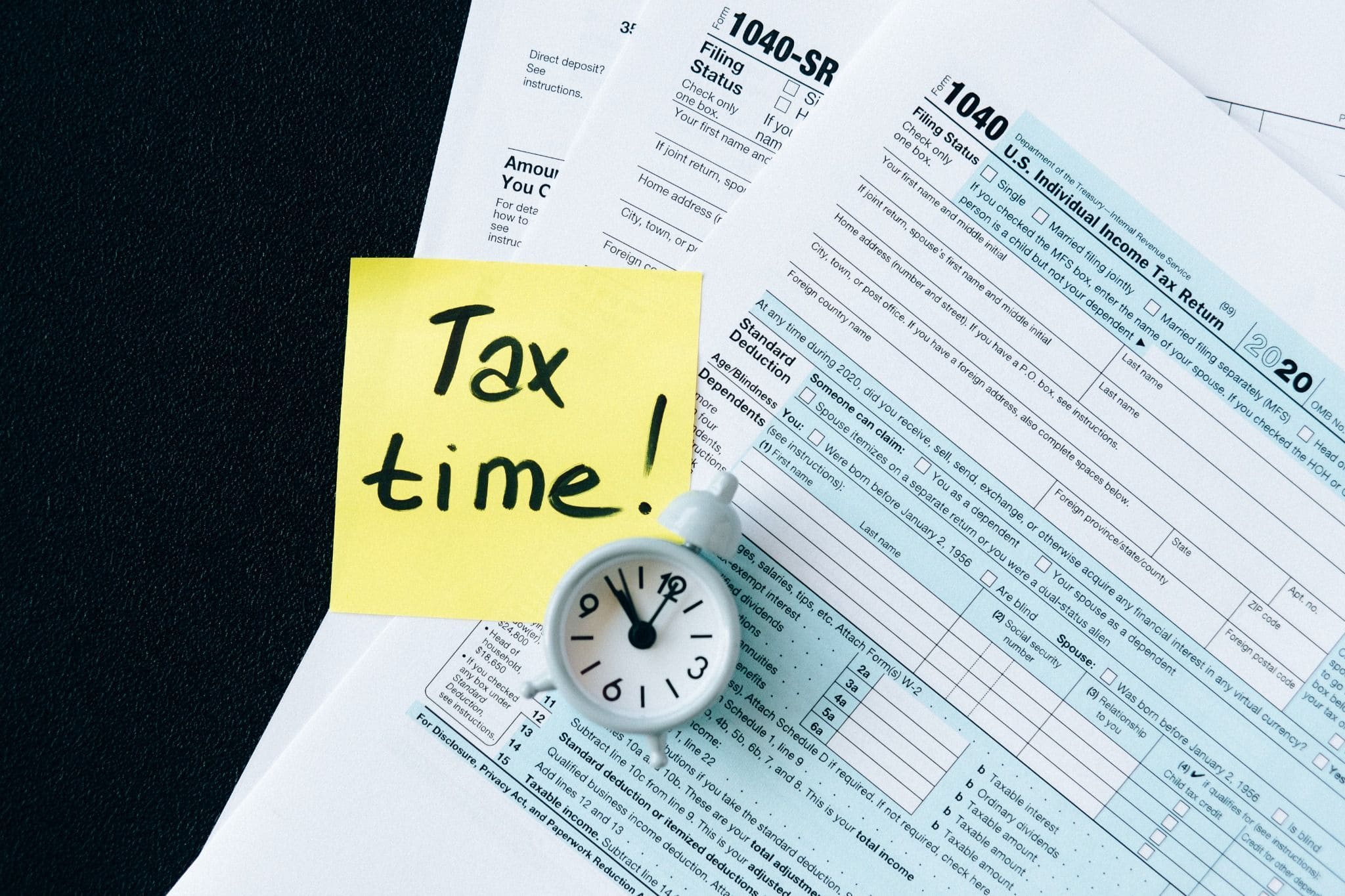
Car Road Tax - Everything you need to know
By Motor Match • 01/03/2024
Everything you need to know about the latest 2023 Road Tax changes
Are you a car owner in the UK? If so, you may have already heard about the recent changes to road tax! Listen up because this affects all drivers. Starting from April 1st, 2023, the changes to Vehicle Excise Duty aka road tax, will come into effect. But don't fret, we've got the lowdown for you.
The aim of the changes is to switch to low-emission vehicles and to reduce pollution. So, if you're still driving an older polluting car, be warned - your taxes will be increasing significantly. But here's the good news, if you switch to an electric car, you might be eligible for a discount or £0 road tax.
What is VED?
Vehicle Excise Duty (VED) or Road Tax is an annual tax that the UK government charges to all vehicle owners for their vehicles.
This tax is used to cover the cost of road maintenance and development, and to help reduce the environmental impact of vehicle emissions and pollution. VED is collected by the Driver and Vehicle Licensing Agency (DVLA) and is paid by the vehicle’s registered keeper.
How is VED Calculated?
The amount of VED you have to pay each year is based on the type of vehicle you own, its age, and its CO2 emissions.
The amount of VED you have to pay will also be affected by any discounts, such as the zero-emission discount or the lower rate for zero-emission vehicles. You can calculate your VED rate on the DVLA website.

What are the latest road tax rates, and how will they affect you?
The standard rate for cars that were registered after 2017 has increased, and the tax you pay after year one has gone up from £165 to £180. That's not all, folks. Road tax for most cars will now range from £130 to £645, based on their CO2 emissions. If you have a premium vehicle that costs more than £40,000, brace yourself for an extra £20 increase in your road tax.
With all these changes in play, don't forget to keep an eye out for any updates to the rates. It's crucial to stay informed on what's happening, especially if you own a car.
What changes should we be expecting by 2025?
Starting April 2025, electric vehicle (EV) owners will incur an annual expense in Car Tax. EVs registered for the first time before 1 April 2017 and having a price below 40k are subject to discounted rates of £20 per annum while other EVs will pay £180 for VED rates and up to £370 for list prices above 40k.
The below rates are for the 2023-2024 tax year
Emissions (g/CO2/km) | First year rate | Standard rate* |
0 | £0 | £0 |
1-50 | £10 | £180 |
51-75 | £30 | £180 |
76-90 | £130 | £180 |
91-100 | £165 | £180 |
101-110 | £185 | £180 |
111-130 | £210 | £180 |
131-150 | £255 | £180 |
151-170 | £645 | £180 |
171-190 | £1040 | £180 |
191-225 | £1565 | £180 |
226-255 | £2220 | £180 |
over 255 | £2605 | £180 |
*cars over £40,000 pay £370 supplement for 5 years
Cars registered between 2001 and 2017
Road Tax for cars registered between 1 March 2001 and 31 March 2017
The below rates are for the 2023-2024 tax year
VED Band | CO2 Emissions (g/km) | Standard Rate |
A | Up to 100 | £0 |
B | 101 -110 | £20 |
C | 111 - 120 | £35 |
D | 121- 130 | £150 |
E | 131- 140 | £180 |
F | 141 - 150 | £200 |
G | 151 - 165 | £240 |
H | 166 - 175 | £290 |
I | 176- 185 | £320 |
J | 186 - 200 | £365 |
K* | 201- 225 | £395 |
L | 226 - 255 | £675 |
M | Over 255 | £695 |
* This includes cars emitting over 225g/km registered before 23 March 2006.
You may also like…